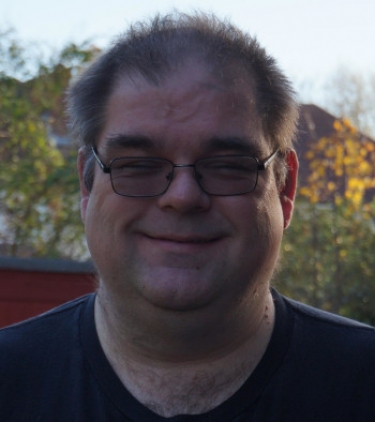The issue was initially raised by former DPL leader Steve McIntyre in April and discussions about a solution have been continuing on the project's mailing lists.
McIntyre told iTWire that he had given a talk on the subject during the annual conference in July and had started the GR process in August.
As with every such resolution, there are a number of solutions proposed, in this case five.
|
|
"The current state of the ballot is online; it may change yet before the vote starts."
The Debian distribution, which is noted for the number of platforms it supports, includes thousands of packages, and these can be downloaded by users. Given the volume, the project issues official CD images for installation purposes, with the smallest image having the basic set of packages to get a system going.
Only free software has been so far included on these images by default. This is what the GR is seeking to change. McIntyre is the leader of the team that creates the CD images after a new release; he is also leader of Debian's EFI team and a member of the Community Team.
The remainder of the installation can then be done by downloading packages from repositories on the Internet. Users have to create a list of sources for download, and they can include the repositories for both non-free and contributed software if they so wish.
Debian has fairly strict guidelines about the licences that govern packages in its main repositories. The Linux kernel, for example, is distributed under the General Public Licence version 2 and this licence has its own stipulations about non-free code.
The five proposals for fixing the issue have been advanced by McIntyre, Gunnar Wolf, Bart Martens, Simon Josefsson and Russ Allbery. While four of the proposals include changes in the CD images, the one from Josefsson contemplates sticking to the existing practice, "reinforcing the interpretation that any installer or image with non-free software on it is not part of the Debian system, but that we support their use and welcome others to distribute such work".
The Debian project, which has more than 1000 developers, tallies votes using the Condorcet system where every option is evaluated against all others. A GR changing a foundation document requires a 3:1 majority for any option to pass.
McIntyre said it "isn't the easiest of systems to follow, but it's good for ensuring a fair selection from among a number of possible options".
As per the official Debian constitution, "votes are cast by email in a manner suitable to the secretary. The secretary determines for each poll whether voters can change their votes.
"Q [or the quorum needed for a valid vote] is half of the square root of the number of current developers."
Any resolution needs to be sponsored by at least 2K developers, where "K is Q or 5, whichever is the smaller. Q and K need not be integers and are not rounded".
This all sounds a trifle complicated, but then shepherding this many developers into a decision is probably not the easiest thing to do.
McIntyre said: "3*Q [a threefold majority] is the *minimum* number of votes needed for any given choice to be considered a valid option in the voting system (currently roughly 48).
"The majority criterion is slightly harder to judge. Each of the valid options (after 3Q is reached) must meet majority in direct comparison to the "NOTA" option, in terms of the votes cast for each. For a normal vote, the majority is a simple 1:1 comparison. For a 3:1 majority, the option must beat NOTA by at least a 3:1 ratio."
NOTA means none of the above and is always offered as an option when votes are taken. In the event that it gets a majority, then the status quo is maintained.
"A large majority requirement is applied to GR votes that change the fundamentals of the project, to make sure that we don't make major changes without significant support in the project," McIntyre added.
"Once we have a list of valid options (3Q is satisfied, and majority is satisfied), *then* we compare those remaining options in direct head-to-head comparisons and work out the winner.
"Yes, this is complicated. We have a program called devotee to do the calculations for us!"





































